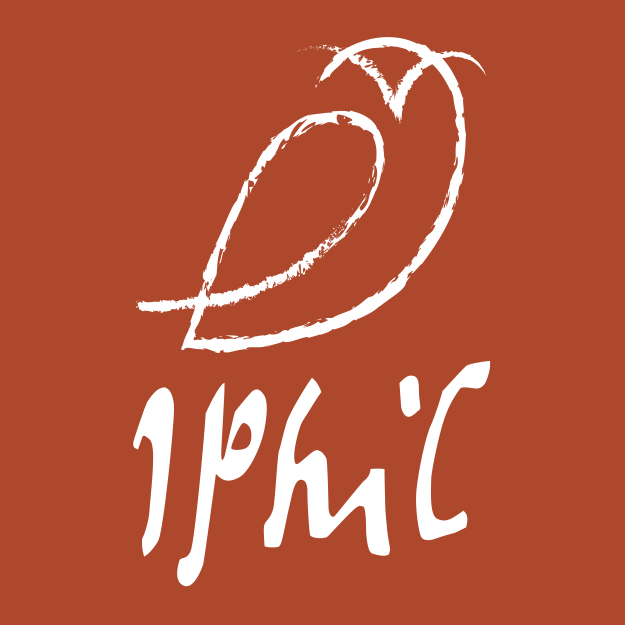Principled Revisability in Science and Society: A Supplementary Approach to Respond to Infectious Disease Outbreaks Under the Guidance of Science
David Stöllger (doctoral project)
In my project I investigate the trust relationship between scientific experts and the general public in the context of public health policy implementation to cope with communicable disease outbreaks. Historically the philosophical focus has been mostly on the experts to conduct scientific research and communicate their advice in ways, so that the trust put in them is merited. But especially in infectious disease outbreaks each member of a society plays an active role in the public health challenges, we collectively face.
In the context of outbreaks involving novel communicable pathogens, scientific experts are expected to generate reliable, but at the same time implementable and socially acceptable health policy advice from limited evidence. The resulting policies — I argue — are ‘real-world experiments’ or “Realexperimente” (Groß, Hoffmann-Riem & Krohn, 2005) and require particular social acceptance and legitimacy. This is, because for such policies individual informed consent cannot be practically obtained, while everyone is not only a study subject, but active participant. At the same, the success of public health policy critically depends on the acceptance of significant proportions of the public and for them to adhere to the restrictions such policies might place on them.
Still, expert’s advice is given a greater weight in setting up, evaluating and adjusting the policies and rightly so — I argue — given their better epistemic, practical and hermeneutical position in their respective field. Non-experts, not being in such a better position and in many circumstances unable to assess expert’s advice themselves, may only be able to trust experts in generating advice responsibly. In their 2019 paper Irzik and Kurtulmus suggest non-experts are able to have “enhanced epistemic trust”, i.e., more confidence in experts, if the latter are able to come to an “agreement with the assessment of the non-expert” regarding the distribution of inductive risks.
In my project, I aim to examine, how far scientific experts ought to go to come to an agreement with non-experts, and further argue, that there are benefits in viewing the ‘expert-non-expert-trust relationship’ as bidirectional, albeit asymmetrically so. I take Hardwig, 1994’s “ethics of expertise” to be a good starting point, as he claims that there also should be an “ethics of appealing to experts”. I wish to offer conditions, that if violated by non-experts, may give experts good reason to withhold trust in non-experts’ input. For that to be successful, I aim to broaden the expert-non-expert-trust relationship to also incorporate important communicative and social aspects.
